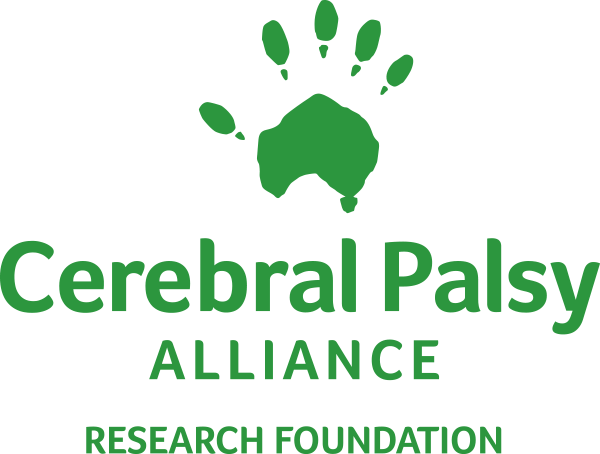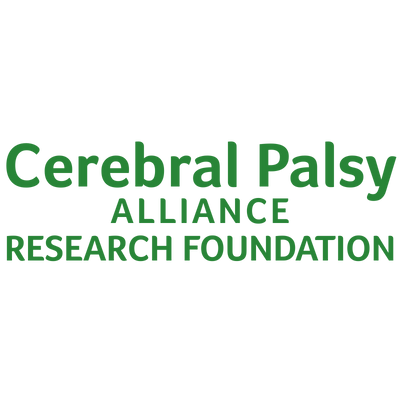
Dr Suzanne Miller
Monash University – Melbourne, Victoria
CEREBRAL PALSY FOUNDATION INNOVATIVE RESEARCH
$82,154 over one year
Melatonin and prevention of cerebral palsy
All treatments for cerebral palsy involve treating the child after birth. Wouldn’t it be good to have a treatment before birth? A treatment that could avert, or reduce, the permanent damage to the baby’s brain?
Dr Suzanne Miller and colleagues are using sheep’s brains to see whether or not melatonin, a naturally occurring hormone, can reduce the brain damage caused by infections before birth. This is preliminary research from which Dr Miller hopes to learn enough to see whether, and how, melatonin could be trialled with humans.
Research Foundation of Cerebral Palsy Alliance, 2008 Innovative Research Grant recipient: $82,154 over one year.
Other sources of funding: National Health and Medical Research Council.
Suzanne Miller works at Monash University, Melbourne, where she is a senior research officer in the Department of Physiology. Her main interest is in the growth and wellbeing of the foetus before birth. She has worked in London as well as Melbourne.

Associate Professor Dinah Reddihough AO
Royal Children’s Hospital – Melbourne, Victoria
CEREBRAL PALSY FOUNDATION INNOVATIVE RESEARCH
$145,000 over three years
Brain scans for greater understanding of cerebral palsy
Different children with cerebral palsy have different brain injuries.
Associate Professor Dinah Reddihough and colleagues will carry out MRIs, which are a sophisticated form of brain scan, on 800 children with cerebral palsy. This will help them understand which brain injuries cause which problems.
This information will be useful for many researchers and clinicians around the world in their efforts to prevent and treat cerebral palsy.
Research Foundation of Cerebral Palsy Alliance, 2008 Innovative Research Grant recipient: $145,375 over three years.
Dinah Reddihough AO is a paediatrician and director of developmental medicine at the Royal Children’s Hospital in Melbourne. She has worked for more than 15 years to improve the care of children with disabilities, including cerebral palsy. Her research has looked at many aspects of disability, including causes, treatments and outcomes of care. She became an Officer of the Order of Australia in 2005.

Dr Jacques-Olivier Coq
National Centre for Scientific Research, University of Marseille, France and USA
INTERNATIONAL CEREBRAL PALSY FOUNDATION INNOVATIVE RESEARCH
$100,000 over three years
Greater understanding of cerebral palsy
Much medical research depends on understanding how the body works. One way of approaching this is to study animals such as rats, rabbits and sheep, then to apply that knowledge to humans.
Dr Jacques-Olivier Coq and colleagues plan to create conditions very similar to cerebral palsy in laboratory animals. If they do this, it will greatly help them, and other researchers around the world, in many aspects of cerebral palsy. It would help with understanding causes, with providing treatment and, ultimately, with prevention of cerebral palsy.
Research Foundation of Cerebral Palsy Alliance, 2008 Innovative Research Grant recipient: $100,000 over three years.
Jacques-Olivier Coq is associate researcher at the National Centre for Scientific Research in Marseille, France. He works mainly with animals, studying the effects of neurological conditions such as stroke and cerebral palsy.

Professor George Mendz
The University of Notre Dame – Sydney, New South Wales
CEREBRAL PALSY FOUNDATION INNOVATIVE RESEARCH
$55,550 over one year
Bacterial infections and prevention of cerebral palsy
About 10 per cent of babies around the world are born prematurely, and these babies have a higher than average chance of having cerebral palsy. Why? That is not known, but one thing is clear – the mothers of some of these babies will have had bacterial infections in their uterus.
Professor George Mendz and his team will examine the bacteria found in 60 mothers and babies. They hope to discover which bacteria are associated with premature births and possibly, which ones are associated with cerebral palsy. They hope this will lead, down the track, to the prevention of some premature births, and the prevention of cerebral palsy for some babies.
George Mendz is Professor of Medicine at the University of Notre Dame Australia, Sydney. A microbiologist by training, his laboratory work aims to understand the bacteria that live in the gut. Outside the laboratory, he works to broaden the education of university students and to awaken their social responsibilities. He has worked in Puerto Rico and Spain as well as Australia.

